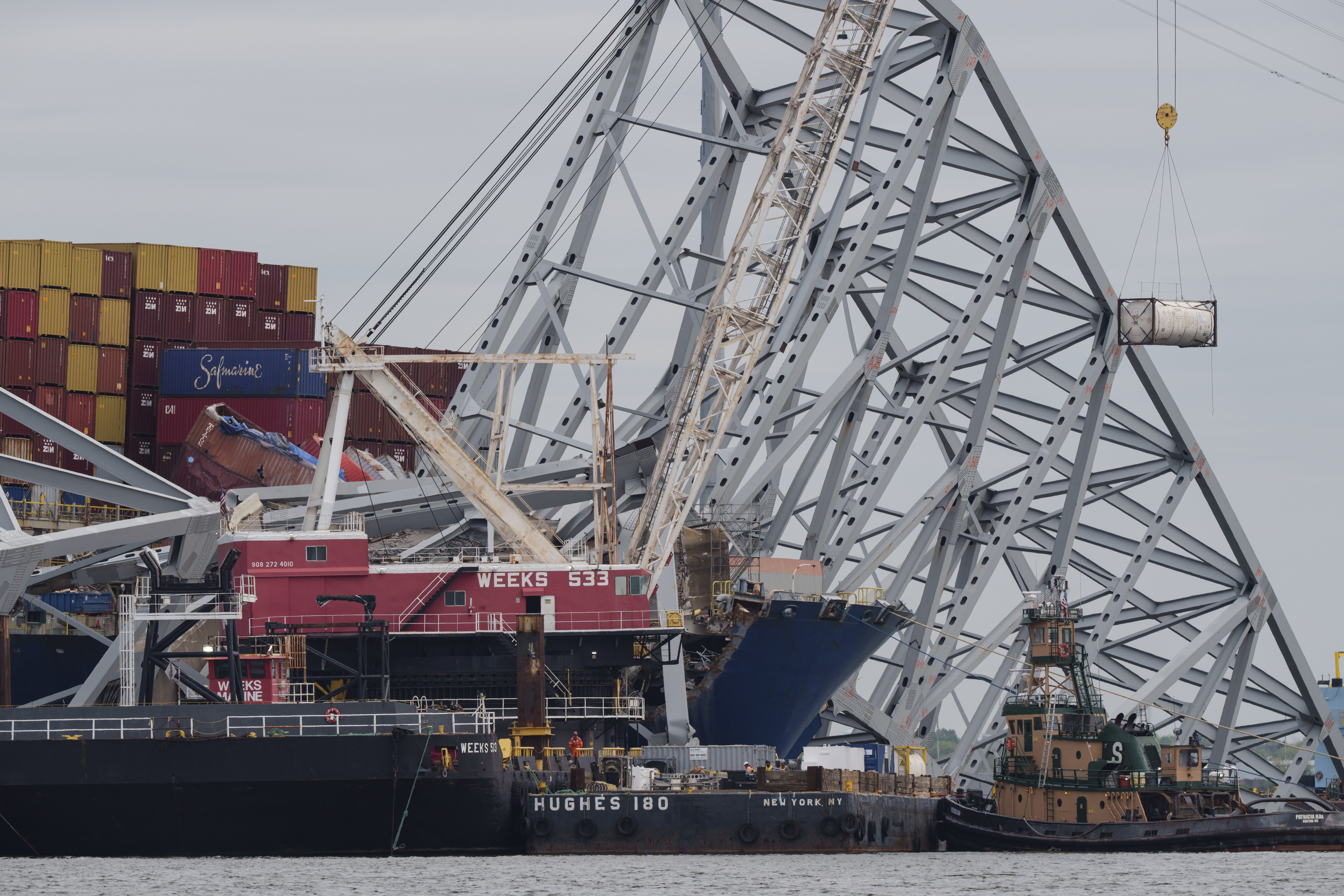In a hopeful sign of welcoming a new era of U.S. leadership on the global stage, leaders around the world on Wednesday congratulated the inauguration of President Joe Biden and Vice President Kamala Harris.
“Today is a very special day,” proclaimed European Commission President Ursula Von Der Leyen in a tweet that reflected the views of many European leaders hoping for a reset of transatlantic relations. “I am ready to present to President @JoeBiden our proposal for a new transatlantic agenda.”
Biden and Harris were sworn in on the steps of the Capitol Building, with previous presidents Barack Obama, George W. Bush and Bill Clinton in attendance. Donald Trump, who lost to Biden in last November’s election after serving one term, broke tradition earlier on Wednesday by not attending, instead flying to his Florida home. Outgoing Vice President Mike Pence attended the ceremonies.
[MORE: Countries Welcome Joe Biden, But Cautious About U.S. Leadership]
Wednesday’s inauguration marked several historic firsts. Biden becomes the oldest president in U.S. history. And in a signal of the shifting demographics across the U.S., Harris becomes the country’s first female vice president, as well as the first Jamaican American and American of South Asian descent voted into the office. Foreign leaders noted that moment in America’s history.
” #Ireland congratulates @KamalaHarris on her historic achievement as she is inaugurated as the first woman, and first woman of colour, to hold the office of US Vice President,” tweeted Simon Conveney, Ireland’s minister of foreign affairs and defense. “We look forward to working with her and would be delighted to welcome her and @DouglasEmhoff to Ireland,” he added, referring to Harris’ husband.
In comments to the British Parliament, the Reuters news service reported Prime Minister Boris Johnson saying, “I look forward to working with him (Biden), and with his new administration, strengthening the partnership between our countries and working on our shared priorities: from tackling climate change, building back better from the pandemic and strengthening our transatlantic security.
In the Philippines, Harry Roque, spokesperson of President Rodrigo Duterte, told CNN on Wednesday that, “We congratulate again the incoming president. And we look forward to having close and friendly relations with the Biden administration.”
Biden enters the White House facing a number of crises unlike any American president has faced in generations: the deadliest public health crisis in the country in more than a century, an economic downturn on a scale not seen since the Great Depression, racial strife and the aftermath of the Jan. 6 attack on the U.S. Capitol by a mob of thousands of Trump supporters who sought to forcefully overturn the election results.
On Wednesday, Germany’s president, Frank-Walter Steinmeier, issued a statement calling the Biden-Harris inauguration “… a good day for democracy. In the United States of America, it has faced tremendous challenges — and endured.”
While Biden’s priority will be defeating the COVID-19 pandemic and reviving the U.S. economy, he faces numerous issues abroad that extend beyond repairing America’s relationships with foreign capitals following four years of Trump’s “America First” policies that antagonized both traditional allies and adversaries. On his first day in office, Biden is expected to issue a string of executive orders strengthening U.S. ties to the world. They include:
— Rejoining both the World Health Organization and Paris climate accords;
— rescinding Trump’s travel ban on predominantly Muslim countries;
— and ordering a pathway for reuniting migrant and refugee children from their families as they entered the U.S. from the Mexico border.
Additionally, Biden is expected to send legislation to Congress on Wednesday that will seek a citizenship pathway for the estimated 11 million people illegally living in the U.S.
Other challenges overseas will demand immediate attention from the Biden administration. They include bringing Iran back into compliance with the nuclear deal that President Obama negotiated; nuclear arms negotiations with North Korea; and dealing with Russia on issues ranging from a new START arms control treaty to repeated digital interference in U.S. affairs.
But the most important foreign policy relationship for the U.S. is with China. The Biden administration faces a complex set of challenges from Beijing that range from economic and military tensions to how to deal with a China that is cracking down on rights in Hong Kong and oppresses Muslim Uighurs in China’s far west.
The Global Times newspaper, an assertive voice for President Xi Jinping, noted on Wednesday the “tough rhetoric” coming from Biden’s nominees over a China policy. On Tuesday, outgoing Secretary of State Mike Pompeo labeled the crackdown of the Uighurs a practice amounting to genocide. But on Wednesday a Chinese Foreign Ministry spokesperson called Pompeo a “genocide clown,” according to The Associated Press.
Still, America’s standing in the world has been damaged from the Trump years. Multiple global surveys since the presidential election have shown opinion in dozens of countries show publics welcoming Biden into office, but cautious of the U.S. as a reliable global leader.
More from U.S. News
U.S. Polarization, Instability From COVID-19 Recoveries Seen as Top Global Threats in 2021
Countries Welcome Joe Biden, But Cautious About U.S. Leadership
10 Most Politically Stable Countries, Ranked by Perception
World Welcomes ?Historic? Inauguration of Joe Biden, Kamala Harris originally appeared on usnews.com







